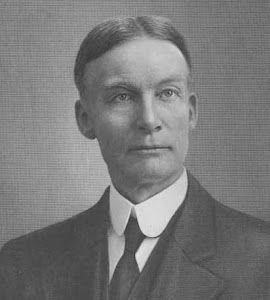Occasionally, I’ll use the blog to clarify a point in lecture. During our first class session, I noted that a central theme of sociological inquiry is the disruption of “doxa.” We know something is “doxic” or taken-for-granted when in response to “why are you doing that?” we say “because that’s just how you do it,” “that’s just what’s done” or “that’s just the way it is.” Our doxa allows us to drive on the right side of the road without really thinking about it every time we start our car. It also guides practices of greater social consequence like voting, dating, and job hunting. If we can shine a light on social processes most people don’t think about, or think about in a particularly narrow way, we will be in a better position to solve society’s core problems (or at least understand what they are).
In Shaun of the Dead zombies take over
The other side of this analogy is that if you’re a zombie, being a zombie seems like a fine thing to be. You don’t even know you’re a zombie, really, you’re just doing your thing, eating brains, grunting at other zombies, hanging out at graveyards. Sociologists don’t point blame at the individual zombies. We’re more concerned with group-level zombie production, believing that if we can generate another perspective - someone from the outside with different information [research] and different ideas or arguments regarding that information [theory] - we can snap out of it.
Someone can probably point to an alternative linguistic history, but my understanding is that the term “doxa” came into vogue in American sociology after the translation of Pierre Bourdieu’s Outline of a Theory of Practice in the 1970s. Here’s a reproduction of the diagram from that book. I’m a “visual learner,” so I find pictures and diagrams of abstract ideas immensely helpful. Maybe you do, too.
-- Brian




2 comments:
I love that movie, and this really helps clarify Doxa.
thanks mrabii! I appreciate your feedback.
-- Brian
Post a Comment